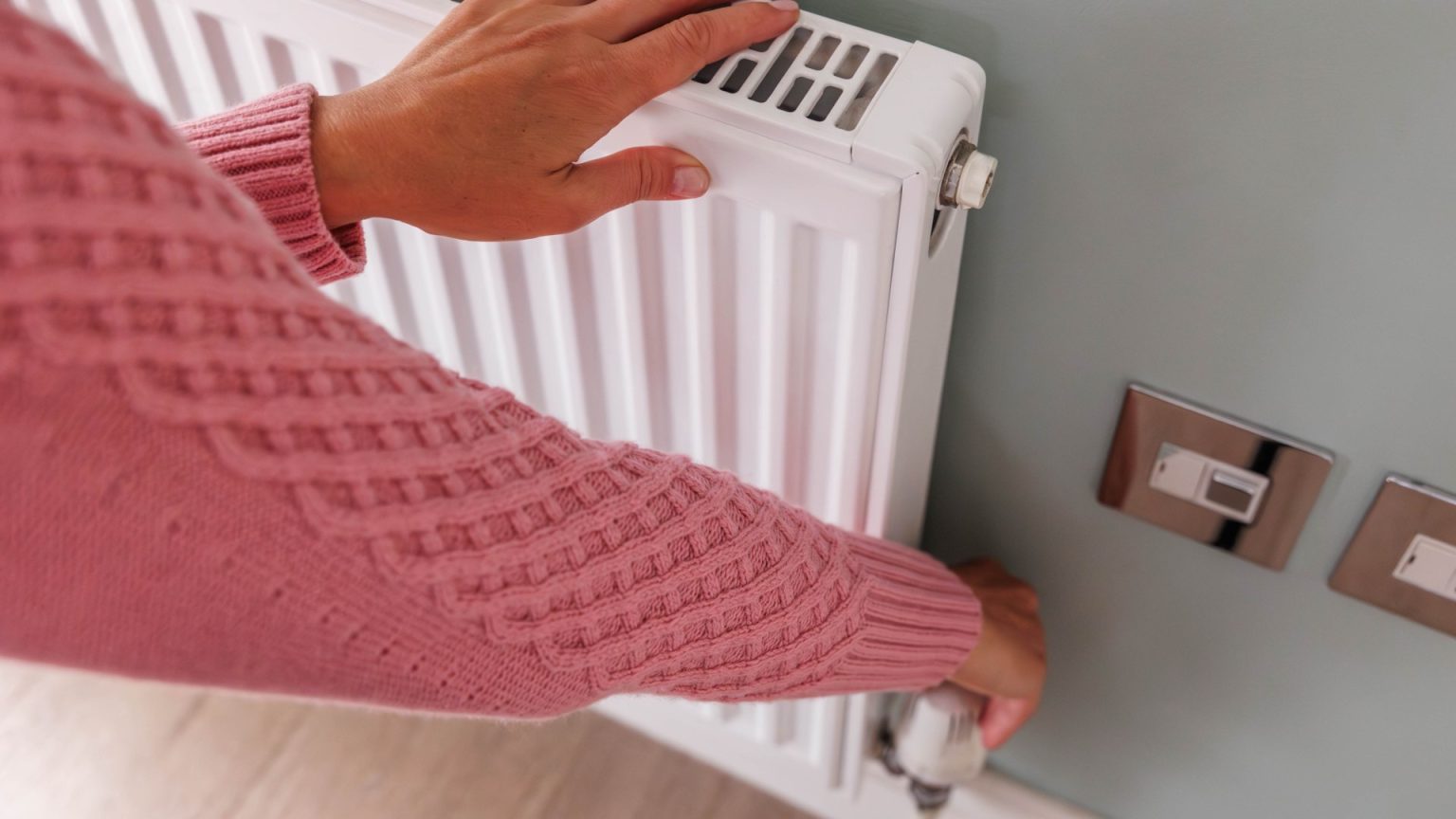Radiator Efficiency and Energy Savings
As winter temperatures plummet, households rely heavily on central heating systems to maintain a comfortable indoor environment. However, common mistakes in radiator usage can significantly impact their efficiency, leading to unnecessarily high energy bills. Optimizing radiator performance is crucial for both comfort and cost savings.
One frequent oversight is neglecting to bleed radiators. Trapped air within radiators creates cold spots, hindering efficient heat distribution. This forces the central heating system to work harder, consuming more energy to achieve the desired temperature. Bleeding radiators, a simple process involving releasing the trapped air using a radiator key, can improve efficiency and potentially save around £130 annually. The process entails turning off the heating, locating the bleed valve (usually at the top of the radiator), inserting the radiator key, and slowly releasing the trapped air until a steady stream of water flows. Once the water flows consistently, the valve should be closed, and the heating system can be restarted.
Another common issue is unbalanced radiators, where some radiators heat up effectively while others remain cold. This uneven distribution of hot water throughout the system stems from imbalances in the flow. To rectify this, the lockshield valve, typically found at the bottom opposite the thermostatic radiator valve (TRV), needs adjustment on each radiator. This adjustment regulates the flow, allowing more hot water to reach the colder radiators, achieving a balanced heat distribution. This adjustment process often requires gradual tweaks and monitoring over time for optimal performance.
Furniture placement can also impede radiator efficiency. Positioning furniture, such as sofas, directly in front of radiators obstructs the flow of heat into the room. The furniture absorbs the heat, preventing it from effectively warming the surrounding area. To maximize heat distribution, ensure a gap of several centimeters between furniture and radiators, allowing the warm air to circulate freely. This simple adjustment can significantly improve the room’s temperature and reduce energy waste.
Finally, maximizing heat reflection from radiators is essential. Reflective foil placed behind radiators helps reflect heat back into the room, minimizing heat loss through external walls. This simple addition enhances the radiator’s effectiveness, ensuring that the generated heat warms the room rather than escaping outside. While specialized reflective foil is available from hardware stores, budget-conscious individuals can utilize standard tin foil from supermarkets to achieve a similar effect.
Beyond Radiators: Further Energy-Saving Measures
While optimizing radiator usage is crucial, numerous other strategies can contribute to lower energy bills. Addressing drafts is a straightforward and cost-effective method to prevent heat loss. Door draught excluders, readily available at affordable prices, effectively seal gaps and prevent cold air from entering the home.
Correctly setting the boiler’s flow temperature is another significant step. Setting the boiler heating side to 70 degrees and the water side to 60 degrees can improve boiler efficiency by up to 15%. This simple adjustment optimizes the boiler’s operation, reducing energy consumption without compromising comfort.
Furthermore, minimizing tumble dryer usage can significantly impact energy bills. Tumble dryers are notorious for their high energy consumption. Substituting tumble dryers with heated airers provides a much more energy-efficient alternative for drying clothes.
Financial Assistance and Bill Reduction Strategies
For those facing financial difficulties, various options are available to manage household bills. Council tax reductions are available through the Gov.uk website for individuals meeting specific criteria, including low income or benefit claimants. Carers providing at least 35 hours of weekly care within the household are also exempt from council tax.
Evaluating the potential benefits of a water meter depends on individual water usage. The Consumer Council for Water offers a free water meter calculator to assess the financial implications of switching to a metered system.
Sharing accommodation with a flatmate can significantly reduce rent and other household bills by splitting the costs. If feasible, this arrangement can provide substantial financial relief.
Struggling with hire purchase repayments allows the option of terminating the contract and returning the goods. While outstanding installments up to the termination date must be paid, this limits further financial obligations. Citizens Advice offers free guidance and support in such situations.
Switching from Standard Variable Tariffs (SVTs) to more competitive energy tariffs can yield substantial savings. Comparison websites like MoneySuperMarket and Energyhelpline help identify better deals and potentially save hundreds of pounds annually.
Open communication with mortgage providers is crucial when facing difficulties with mortgage repayments. Citizens Advice provides budgeting tools to assess affordability and facilitates discussions with mortgage providers regarding payment options.
For secured loans covered by the Consumer Credit Act, a Time Order can be sought through the courts. This agreement grants more time for repayments, easing financial strain. However, not all secured loans fall under this act, including utilities, mortgages, credit union loans, and certain short-term agreements.
Promptly seeking advice from free debt advice services like Citizens Advice, StepChange, and the National Debtline is crucial upon receiving a County Court claim form. These services provide guidance and support in navigating legal and financial challenges.
Finally, eligibility for reduced or free TV Licence fees should be checked, as certain households qualify for these benefits. This can offer a small but helpful reduction in overall expenses. For further assistance with financial problems, resources such as Sun Money Chats and Tips Facebook group and dedicated email addresses for financial advice can provide valuable support.











